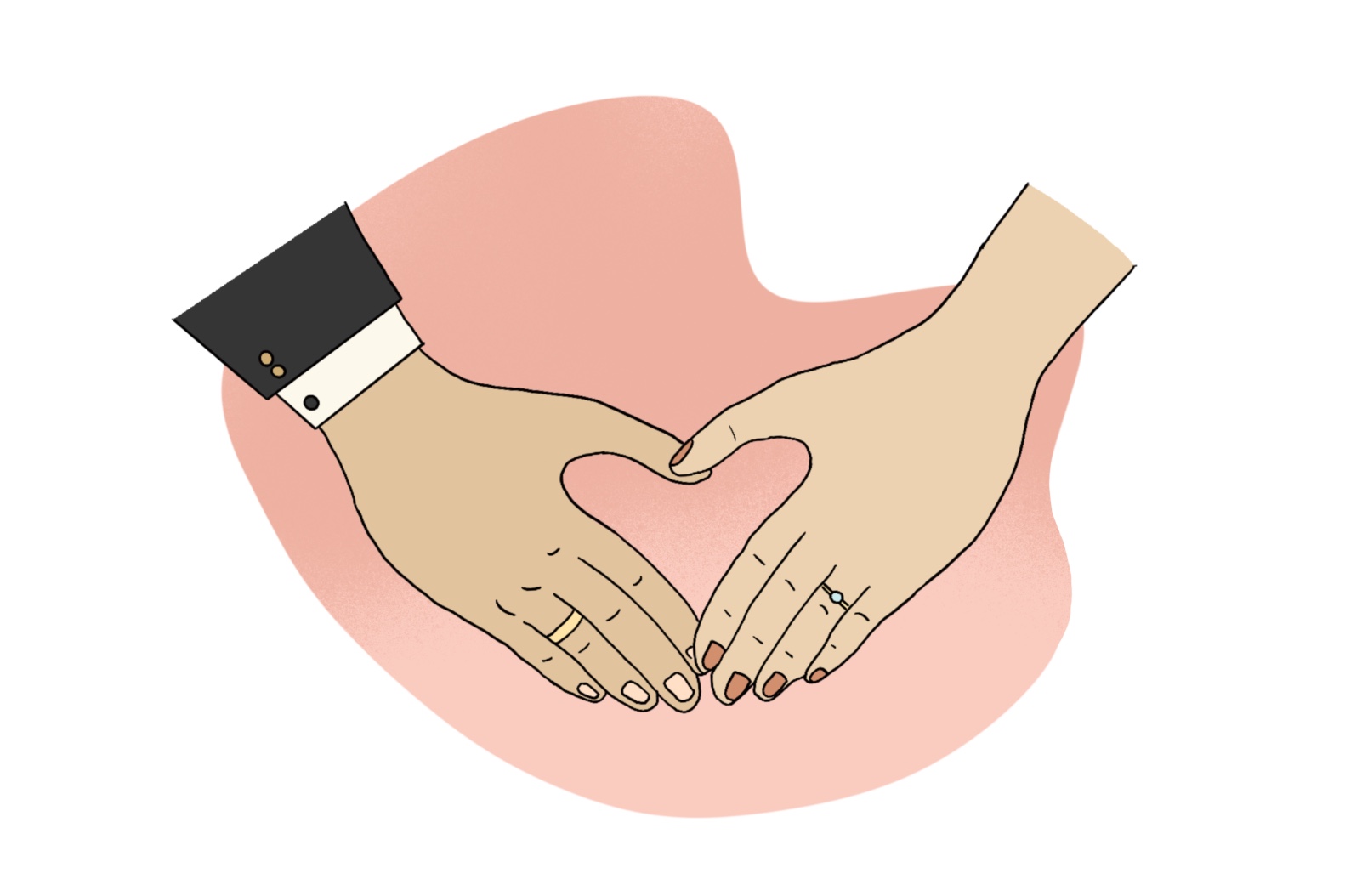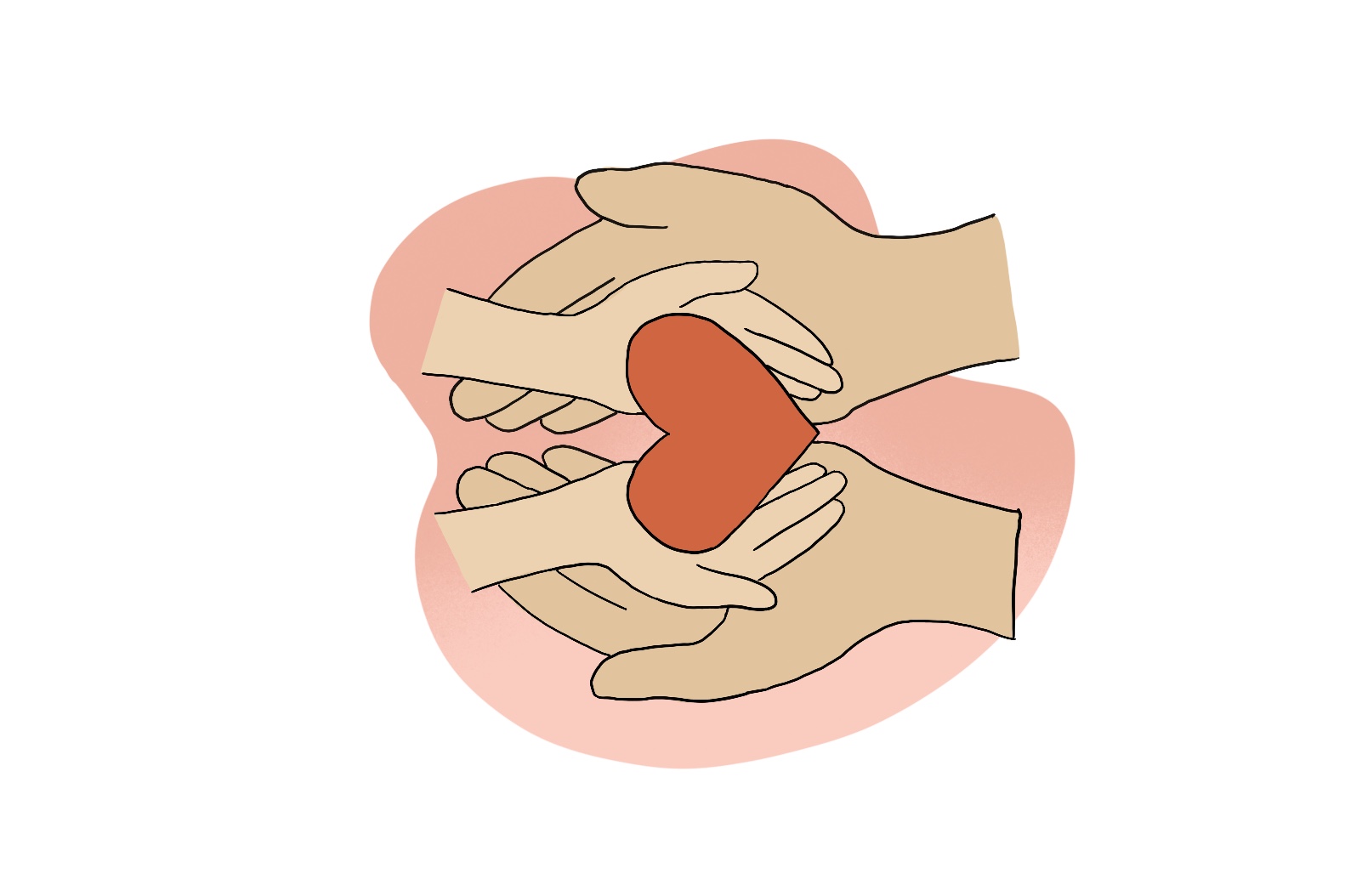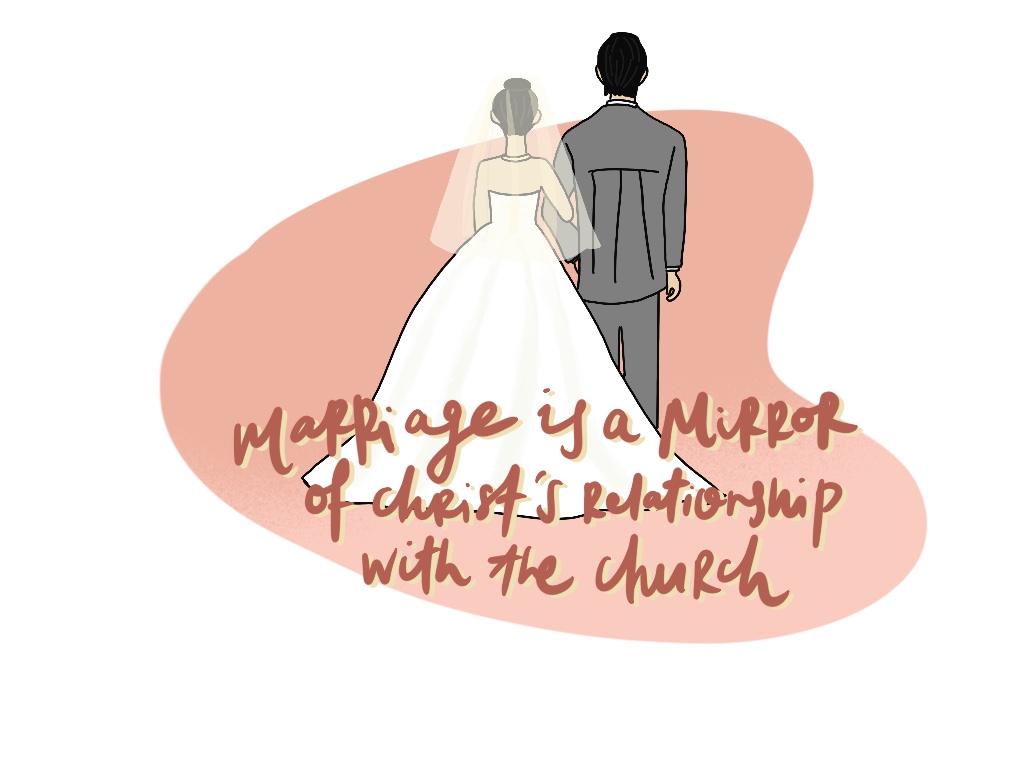For the longest time, I had looked forward to being married.
I had done my share of reading and asked all the questions I could think of to prepare myself.
I’m thankful that God has blessed me with a number of older and wiser couple friends, who took time to meet me and my then-boyfriend (now husband) and share their stories and insights about married life.
Yet, as I have learned in the nine short months that I’ve been married, there were things — situations, emotions — that I had imagined differently when I was single.
A part of me had hoped that getting married would be like a huge reset button that would give me a fresh start and allow me to level up somehow.
Close friends of mine who were also newlyweds shared similar sentiments.
Having now been on both sides, my hope is that what I’m about to share will benefit two groups. First, to encourage those who are dating and waiting to get married to consider how they could prepare themselves emotionally.
Second, to encourage those who are single to reconsider some assumptions they may have about marriage that may not be entirely accurate.
So here are the things I did not fully realise until after I got married.
1. That we’re still the same people we were before we got married, and that’s okay
In the months leading up to our wedding (or perhaps even earlier than that), I had subconsciously been picturing what married life would be like, which had somehow involved a more mature and evolved version of myself — someone who would gladly do all the chores, cook the meals, manage bills, etc.
I guess deep down, a part of me had hoped that getting married would be like a huge reset button that would give me a fresh start and allow me to level up somehow.
So, after I got married, I did my best to accomplish all the things I’d listed as part of my responsibility.
But as the months went by, I struggled to keep up and there have been days when I just don’t want to think any more of what to cook.

And I’m not alone in this.
A close friend of mine had confessed a few weeks before her wedding that she was feeling apprehensive about having to take on the “wife role”, which to her meant cooking and doing a lot of the house chores — things that she wasn’t used to doing.
Meanwhile, another friend, who had gotten married before either of us, shared a funny anecdote about how she and her husband had had a fight once because she had insisted on cooking by herself and refused to let her husband help her.
What my friends and I have been learning is that while it is good to aspire to get better at these domestic tasks, it doesn’t mean that we must all subscribe to the “traditional wife” role to be a good wife.
Even as Proverbs 31 provides a perfect portrait of a godly woman (wife and mother), it is not so much a checklist we all need to accomplish, but about being “a woman who fears the Lord” (Proverbs 31:30).
Another passage that’s helpful to reflect on is Galatians 5, which talks about our freedom in Christ, and how this freedom enables us to pursue godliness and to exercise the fruit of the Spirit.
These verses in particular are encouraging for me:
- “The only thing that counts is faith expressing itself through love.” (Galatians 5:6)
- “You, my brothers and sisters, were called to be free. But do not use your freedom to indulge the flesh; rather, serve one another humbly in love.” (Galatians 5:13)
So long as we know we’re doing our best to take care of our spouses and so honour God in our marriage, that’s enough.
Marriage cannot make me become a new person overnight… the only person who can make me new is Jesus.
For me, it has meant setting aside my own expectations of what a “good wife” should be like, so I could stop feeling guilty about what I’m not able to do and ask for help from my husband when I need it.
Marriage cannot make me become a new person overnight, and that is not what it’s meant to do.
The only person who can make me new is Jesus (2 Corinthians 5:17), and I know He continues to be at work in me (Philippians 1:6).
2. That we can’t (and don’t have to) do everything together, but we can try our best to meet each other’s needs
A friend of mine told me that she had to intentionally learn to stay up late at times so she can spend more time with her husband.
However, she has also since learned that it’s okay that the both of them have different sleeping patterns, as it allows her husband the “alone time” he needs to recharge.
I used to really treasure my alone time, even when my husband (then-boyfriend) and I were in a long-distance relationship.
But whenever he was in town, we felt compelled to really maximise the time we had together.
After being married, I’ve realised that both of us do need our own “alone time”.
My husband’s version of “alone time” involves playing games, while mine usually involves reading.
I used to think that shared interests should come naturally, and that it shouldn’t be forced. And that’s true in a sense, but it also doesn’t mean that we’re not able to learn to like new things.
For me, it has meant being willing to try playing more games, since that’s something that my husband enjoys. On his part, he has willingly tuned in to the shows I like to watch and has learned to appreciate them.

I am reminded of these verses in Philippians 2:3-4: “… in humility value others above yourselves, not looking to your own interests but each of you to the interests of the others”.
Interestingly, according to John Piper, “The word ‘interests’ is a filler. In the original, it’s open-ended. All that is specified is ‘your own (something)’ or ‘the other’s (something).’”
And so I think that covers a wide range of needs, from the major concerns to the minutest of things.
Overall, we want to abide by the principle of the verse, which is to always go the extra mile and think of how we can meet the other person’s needs.
In marriage, as in most of Christian life, it is as C. S. Lewis said: not that we think less of ourselves, but that we think of ourselves less, as we think of others more.
3. That knowing about our differences is different from living with them
I’ve always known that my husband loves listening to music.
He has made many playlists for me over the years and taken me to gigs here and there.
While I also love music, it was only after we got married that I realised my husband also listens to music to relax, whereas my definition of “relaxed” usually involves total peace and quiet (which can sometimes be near impossible).
So, it has been an adjustment for both of us to learn to take turns: to have the music on for a little bit, then turned off at other times.
The other thing I learned about my husband is his preferences when it comes to cooking.
Whenever we cooked together, he would be quite insistent on how certain steps — cutting, slicing, seasoning, stirring the food — should be done.
At first, I chalked it up to him being the more experienced cook and tried my best to follow his lead, but after a while I also realised that my way of doing things wasn’t necessarily wrong or inferior.
One of the costs of being exposed to pornography and masturbation is that it will affect your outlook on sex, even after marriage.
From these little moments, I am learning that it’s a balancing act, learning to be accommodating and open to feedback while also being honest about my needs and feelings and sharing them with him in a gentle and respectful way (which is not always easy to do!).
I think the biblical lesson undergirding this is how, as believers, we make up the Body of Christ: we have different parts and functions, different gifts and personalities.
And yet, “there should be no division in the body, but that its parts should have equal concern for each other” (1 Corinthians 12:25).
And from there, we are taught how to live with our differences by observing the principles of love in 1 Corinthians 13.
4. That sex (and intimacy) isn’t as “easy” as we imagined it to be
I will confess, I got most of my ideas about how sex worked from reading romance novels as a teenager — something that followed me into adulthood.
I learned the hard way that one of the costs of being exposed to pornography and masturbation is that it will affect your outlook on sex, even after marriage.
One expectation (a misconception as well) I’ve had before getting married is thinking that sex would be something that’s “natural” — easy to want, easy to do (with practice).
Another thought I had was that marriage would save me from having to struggle with lust and the temptation of pornography.
But now that I’m married, I’m learning that things aren’t as straightforward as I’d hoped.
Because the truth is, sex takes work — you won’t always want to do it, and it won’t always be as pleasurable as you hope.
This also confirms what Paul says in 1 Corinthians 7, about how sex is a marital duty, how husband and wife should yield to each other in that regard, and even how prayer comes into play.
That said, sex can be good when there’s emotional intimacy (being attuned to each other’s mood and intentionally doing things to help your spouse feel good) and good, honest communication, along with the mindset of wanting to give and serve, and not just receive.
Try to forget whatever you’ve learned from most movies about sex, because they’re almost always unrealistic and unhelpful (and if you’re unable to, it is a clear prompt to pray and ask for healing).
I am thankful to have had at least a few people in my life (both Christians and non-Christians) who were able to share practical advice with me before I got married, such as the need to create a safe space with your spouse in order to communicate well.
5. That I could still feel lonely
This, took me most by surprise (and it may also surprise people who are single).
It is still possible to feel some semblance of loneliness even when my husband is sitting right next to me.
Sure, there are still moments where I’ve felt so emotionally connected with my husband, but it’s not something that I feel every minute of the day.
In the best moments of our marriage, we have a foretaste of heaven and what it’s like to be united with God,
I think the biggest lesson here for me is realising that even as I am married, I cannot look to my husband to fulfil all my needs; that’s not what he’s here for.
The biggest lesson I’m learning is that only God can fill any emptiness I may feel.
And that persistent lack I experience is a prompt to seek God even more, to invite Him closer and deeper into my heart and life, to depend on Him far more than I do on my husband, and to receive the satisfaction and joy that only He can give.

Ultimately, marriage is a mirror of Christ’s relationship with the Church (Ephesians 5:21-33).
And He has given us this gift, not so that we would find unparalleled happiness and satisfaction in it, but that through it, we may see even more “how wide and long and high and deep is the love of Christ, and to know this love that surpasses knowledge” (Ephesians 3:18-19).
In the best moments of our marriage, we have a foretaste of heaven and what it’s like to be united with God, and in our weakest moments, we have the assurance that however we fall short, Christ has perfected and will continue to make us perfect (Hebrews 10:14).
This article was first published on YMI and is republished with permission.
- Sum up marriage in a sentence.
- What does the Bible say about marriage?
- How can you pray for your marriage or future spouse?
- Or, pray for someone else’s marriage like your parents or a couple you know.











